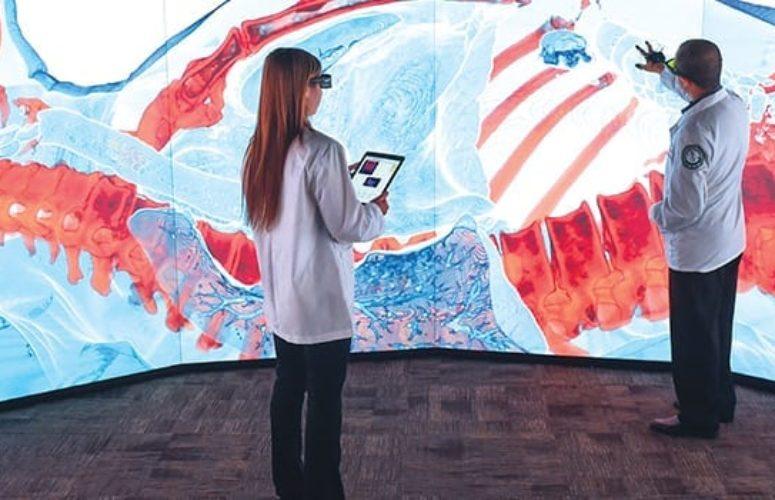
Franchised Dealers – The Economic Engine Driving NJ’s Economy
On Aug 7, 2023New Jersey’s 500+ franchised new car and truck dealerships represent a $40.1 billion industry that is a critical cog in the state’s economy, and contributes to the economic well-being of hundreds of New Jersey communities in which they operate.
Auto sales are typically cyclical. Consumers buy new vehicles at a brisk clip for a few years and then demand recedes slightly for a few years, until those vehicles have aged a bit and consumers want to trade them in for another new vehicle. Sure, outside factors like an economic recession or higher interest rates might put a wrench into the pattern, but, for the most part, the pattern ran like clockwork – until the COVID pandemic broke the clock.
The last three years have been unlike anything the auto retailing industry has ever seen, but it has weathered the storm, shown its resiliency, and continued to be a critical part of New Jersey’s economy. Many of us take for granted the convenience of having access to our own transportation. New Jersey’s franchised new car and truck dealerships provide and service hundreds of thousands of newer, safer, cleaner vehicles every year.
If you’ve been in the market for a new vehicle over the past few years, you’ve seen the hurdles put in front of New Jersey’s dealerships and their customers. Typically, an industry might face one or two challenges at a time. It’s rare that an industry faces a half-dozen challenges in such a short period of time.
COVID shutdowns and other pandemic-related obstacles hit the industry (and all of us) in early 2020. Dealerships were forced to close their doors at the beginning of the pandemic but, within a matter of weeks, Gov. Phil Murphy realized the importance of keeping access to new vehicles open and servicing the current fleet of vehicles. The industry was deemed essential and was one of the first businesses allowed to reopen (with restrictions) after the initial pandemic shutdowns.
Soon after, like a string of dominos set in motion, the industry was hit with one challenge after another in rapid succession: microchip shortages, supply chain issues on a wide variety of manufactured parts, dramatically reduced vehicle inventory, inflation and rising interest rates hit. Even with those challenges, the industry has continued to serve consumers and provide much-welcomed economic benefits to the state.
New car and light truck sales in New Jersey improved year-after-year from 2009 through 2019, following a sharp decline during the 2007-2008 recession. The pandemic saw sales drop 19% from 2019 to 2020, rebounding in 2021. The $40.1 billion industry sold nearly 390,000 vehicles statewide in 2022, which was down approximately 20% due to supply chain issues and reduced vehicle production for much of the year.
Employment at New Jersey franchised dealers continued to grow with the addition of 500 jobs in 2022, with the industry directly employing 37,000 men and women and supporting an additional 35,000 jobs. The industry accounted for more than 16% of all retail employment in the state last year.
Highlighting the fact that the auto retailing industry is full of good-paying, local jobs that can’t be outsourced, compensation earned by those who work in the New Jersey auto retailing industry increased by more than 22% in 2022.
The auto retailing industry continued to be a primary driver of the New Jersey economy, with more than $2 billion in state and local tax revenue collected or paid by New Jersey’s neighborhood new car and truck dealerships. The industry also accounted for an additional $1.1 billion in federal payroll taxes.
New Jersey’s franchised new car and truck dealerships also invested nearly $170 million in facility and other investments to prepare for the sale and service of more and more electric vehicles in 2022 and 2023. Franchised dealers accounted for more than 32% of all battery-electric sales in New Jersey in 2022, nearly quadrupling the 9% share in 2018.
New Jersey’s neighborhood new car and truck dealerships bring many positive economic benefits to the state, as well as to the hundreds of cities and towns in which they operate. As of June 2023, the industry was on pace to improve significantly on its 2022 economic results. As vehicle inventory shortages continue to recede and manufacturer supply catches up with pent-up consumer demand, auto sales are projected to jump 8-13% in 2023.
To access more business news, visit NJB News Now.
Related Articles:





